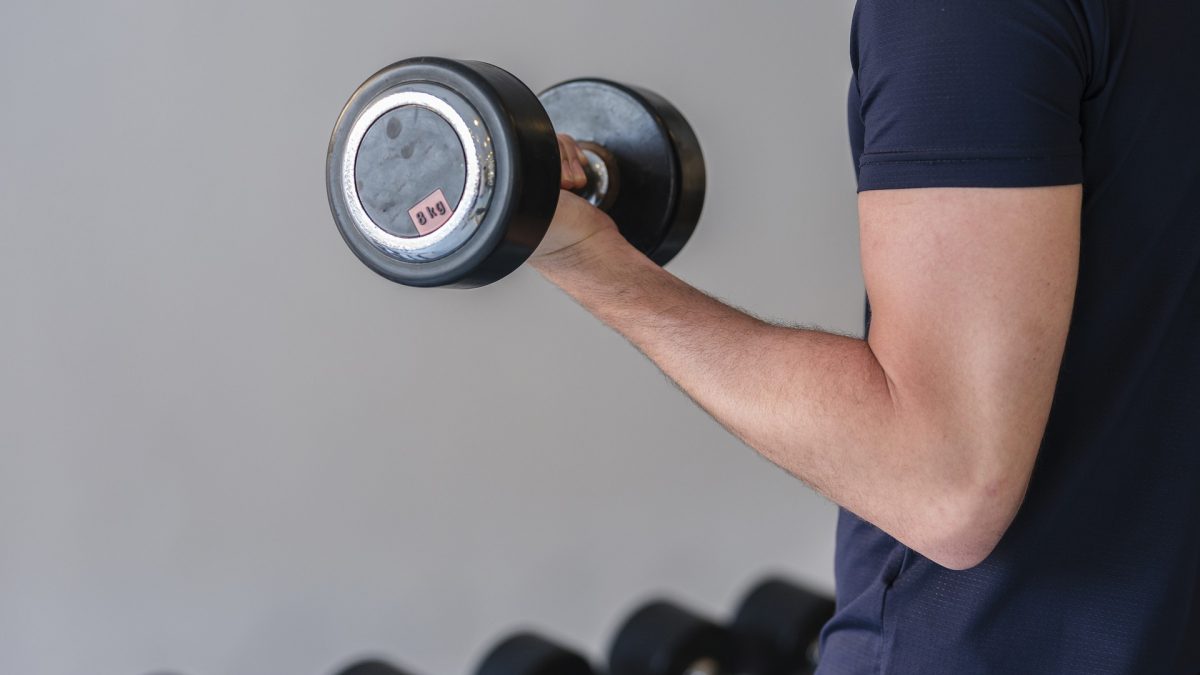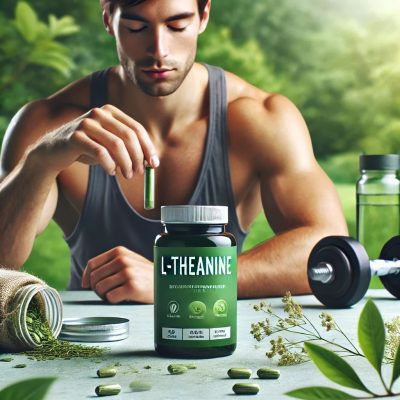
The Role of Protein in Muscle Growth: How Much Do You Really Need?
Protein is often hailed as the cornerstone of muscle growth, but how much do you really need to maximize your gains without overdoing it? Whether you’re lifting weights, doing high-intensity interval training (HIIT), or focusing on endurance exercises, consuming the right amount of protein is essential for muscle repair and growth. In this post, we’ll explore the role of protein in building muscle, how much you should consume based on your fitness goals, and the best sources to include in your diet.
1. Why Protein is Crucial for Muscle Growth
Protein plays a fundamental role in muscle repair and growth, making it vital for anyone pursuing strength, muscle mass, or enhanced performance. When you exercise, especially with resistance training, your muscle fibers undergo microscopic tears. Protein helps:
- Repair muscle fibers: The amino acids in protein serve as the building blocks for new tissue, aiding in the repair and strengthening of muscles.
- Promote muscle synthesis: Consuming adequate protein boosts muscle protein synthesis (the process of building new muscle) which is essential for growing stronger and bigger muscles.
- Prevent muscle breakdown: Sufficient protein intake helps prevent muscle breakdown, which is especially important when in a calorie deficit or during intense exercise regimens.
2. How Much Protein Do You Need for Muscle Growth?
The amount of protein you need depends on several factors, including your age, weight, activity level, and fitness goals. Here’s a general guideline based on current research:
- For General Health: The Recommended Dietary Allowance (RDA) for protein is 0.8 grams per kilogram of body weight (g/kg), which is sufficient for most people who are not intensely training.
- For Muscle Building: If your goal is to build muscle, studies suggest a higher intake of 1.6 to 2.2 g/kg of body weight. This translates to:
- A person weighing 70 kg (154 lbs) would need approximately 112-154 grams of protein per day.
- For Fat Loss and Muscle Maintenance: If you’re aiming to lose fat but preserve muscle, consuming around 2.0-2.4 g/kg can help maintain muscle mass while in a calorie deficit.
- For Endurance Athletes: If you’re focusing on endurance sports, such as long-distance running or cycling, you may need 1.2-1.6 g/kg to support muscle repair without aiming for bulk.
These ranges are flexible, and individual needs may vary depending on genetics, overall diet, and exercise intensity.
3. When Should You Eat Protein?
Protein timing plays a key role in muscle growth. Here’s when it’s most beneficial to consume protein:
- After a Workout (Anabolic Window): Eating protein within 30-60 minutes after your workout is often referred to as the “anabolic window.” During this time, your muscles are especially receptive to nutrients that aid in repair and growth. Aim for a post-workout snack or meal with 20-40 grams of high-quality protein.
- Throughout the Day: Spacing your protein intake throughout the day, with 20-30 grams per meal, helps maintain muscle protein synthesis. This is important because your body can only absorb and use so much protein at once, so spreading it out optimizes muscle recovery.
4. Best Protein Sources for Muscle Growth
While supplements like whey protein are convenient, whole foods should form the foundation of your protein intake. Here are some of the best sources:
Animal-Based Proteins (Complete Proteins):
- Chicken breast (31g of protein per 100g)
- Turkey (29g of protein per 100g)
- Eggs (6g of protein per egg)
- Fish (Tuna, Salmon, etc. 22-25g per 100g)
- Lean beef (26g of protein per 100g)
- Greek yogurt (10g per 100g)
Plant-Based Proteins:
- Lentils (9g of protein per 100g)
- Chickpeas (7g per 100g)
- Tofu (8g per 100g)
- Quinoa (4g per 100g)
- Edamame (11g per 100g)
While animal-based proteins are considered complete (meaning they contain all nine essential amino acids), plant-based proteins can also be effective when you combine different sources to ensure you get all necessary amino acids.
5. Should You Use Protein Supplements?
Protein powders, such as whey, casein, or plant-based blends (like pea or hemp protein), can be a convenient way to meet your protein needs, especially after a workout or when you’re pressed for time. They’re particularly useful for:
- Post-workout recovery: Easily digestible, fast-absorbing proteins like whey can kick-start muscle repair and growth.
- Hitting daily protein targets: If you find it hard to consume enough protein through whole foods, a supplement can help fill the gaps.
However, it’s important to remember that whole foods provide additional nutrients such as fiber, vitamins, and minerals that supplements can’t offer. So, while protein supplements can help, they shouldn’t be your primary source.
6. The Role of Protein in Fat Loss and Muscle Retention
Protein not only aids in muscle growth but is also essential for retaining muscle mass when you’re trying to lose fat. During a calorie deficit, your body may use muscle tissue for energy if you don’t consume enough protein. By eating enough protein and combining it with resistance training, you can minimize muscle loss and ensure that the majority of the weight you lose comes from fat.
Additionally, protein has a higher thermic effect of food (TEF) compared to fats and carbohydrates, meaning it requires more energy to digest and metabolize. This boosts your metabolism slightly, which can be helpful when trying to lose weight.
7. Conclusion: Balance Protein for Optimal Muscle Growth
Protein is undeniably essential for muscle growth and recovery, but it’s important to consume it in the right amounts, at the right times, and from a variety of sources. Whether your goal is to build muscle, lose fat, or improve performance, understanding your personal protein needs is key to optimizing your results.
As with all aspects of nutrition, balance is crucial. Be mindful of incorporating high-quality protein sources into your meals, and don’t neglect other essential nutrients like carbohydrates and fats to support your overall fitness and health.
What’s your go-to protein source for building muscle? Share your favorite recipes and tips in the comments below!











